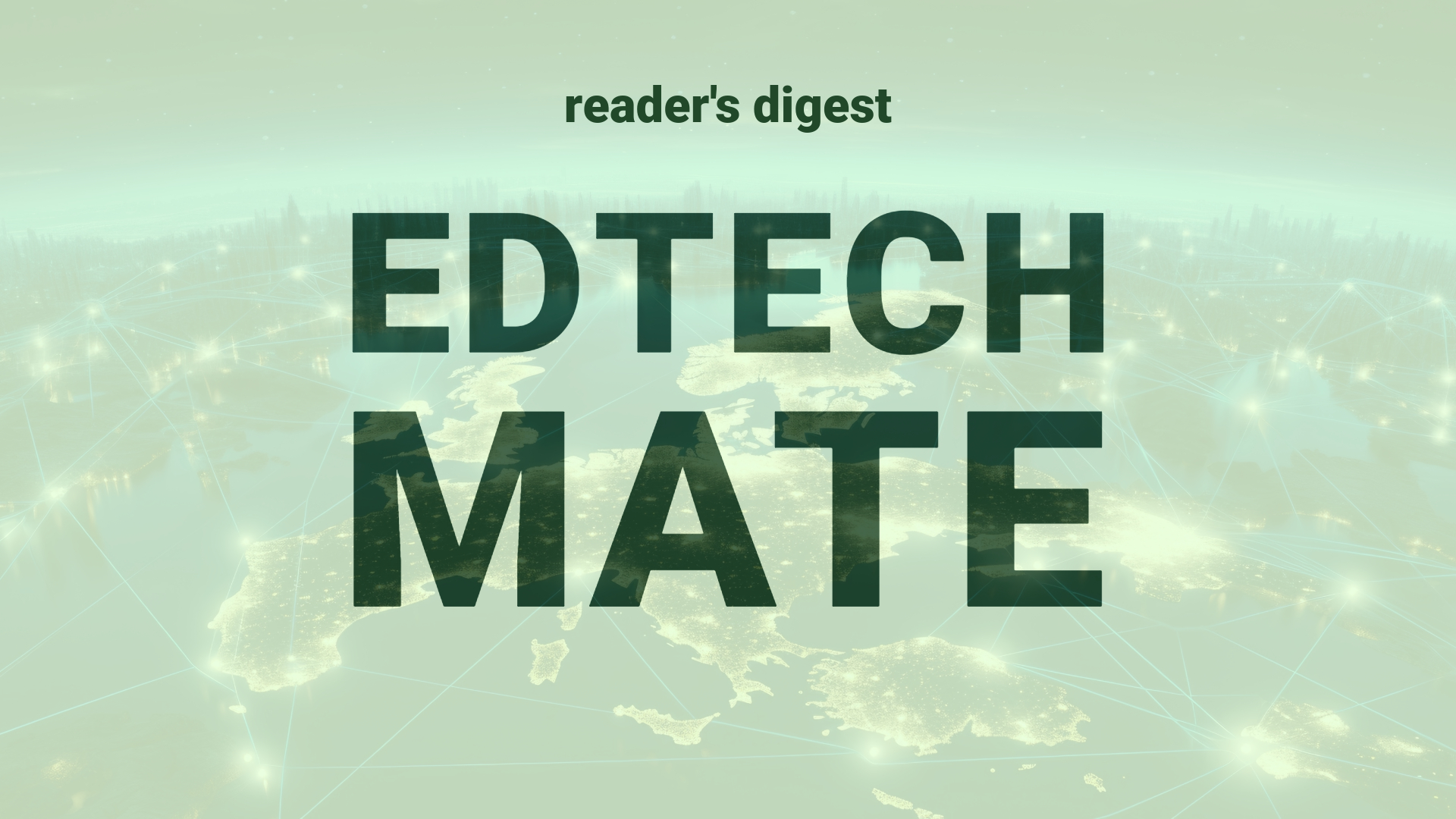Executive Summary and Main Points
In the constantly evolving realm of international education and digital transformation, a noteworthy development is the integration of Generative Artificial Intelligence (genAI) within IT operations. IT departments, including those in the education sector, strive for near-perfect uptime of services and require quick resolutions to incidents. GenAI is promising in enhancing IT efficiency by parsing through extensive data, identifying patterns, and aiding in rapid root cause analysis of incidents. A prominent application is BMC HelixGPT, which raises the capacity for IT teams to deliver quality service and engage in more strategic work, owing to its genAI capabilities.
Potential Impact in the Education Sector
For Further Education, Higher Education, and the burgeoning sector of Micro-credentials, genAI’s potential is substantial. Its capacity to offer actionable recommendations can expedite the resolution of complex IT issues, thus minimizing downtime. In strategic partnerships, genAI can underpin collaborative tools and platforms, ensuring their robustness and consistent availability. The digitization impetus is buttressed by genAI, as it enables comprehensive real-time data analysis, aiding educational institutions in making informed decisions and optimizing IT operational efficiency.
Potential Applicability in the Education Sector
GenAI can significantly contribute to global education systems through a variety of applications. The ability for genAI to process natural language and provide summaries in an understandable format can aid less experienced team members in resolving issues promptly. Moreover, the use of intuitive virtual agents can streamline IT support for faculty, staff, and students, allowing for a more self-reliant resolution approach. Incorporating genAI into educational platforms can also offer personalized learning experiences and adaptive educational content, enhancing student engagement and outcomes.
Criticism and Potential Shortfalls
While genAI presents several advantages, it’s not without criticism or potential shortfalls. Dependence on existing topology data limits genAI’s ability to add value, revealing a significant dependency on groundwork data infrastructure. Ethical concerns arise regarding data privacy and cybersecurity, as educational institutions house sensitive data. Cultural and contextual nuances within global education might also challenge the ‘one-size-fits-all’ approach, necessitating tailored solutions to meet diverse needs. Comparative international case studies reveal variances in digital maturity levels that could affect genAI’s implementation success.
Actionable Recommendations
As international education leadership navigates the incorporation of emerging technologies, consideration of genAI is recommended. Conducting pilot programs to assess the integration of genAI within existing IT infrastructures can yield insights for broader application. Furthermore, developing partnerships with genAI providers like BMC can provide access to cutting-edge solutions and expertise. Training IT personnel in genAI technologies ensures preparedness for a digitalized future, while considering ethical safeguards and tailored solutions to maintain the integrity and inclusivity of global educational infrastructure.
Source article: https://www.cio.com/article/1302678/generative-ais-role-in-increasing-it-efficiency.html

